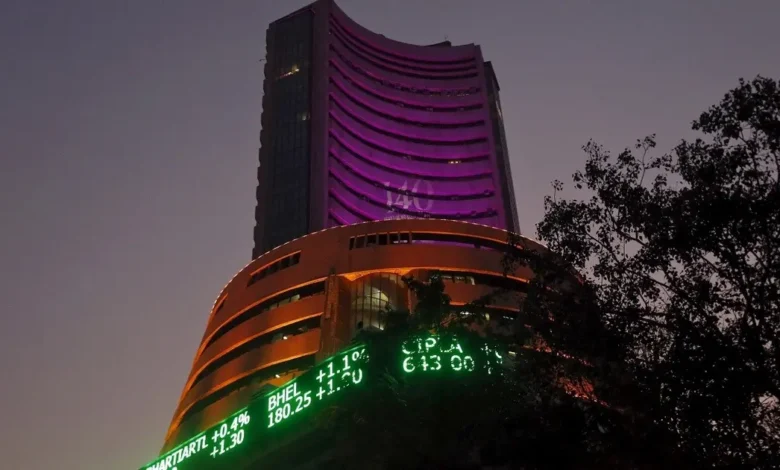India’s regulator turns up heat on financial influencers as stocks boom

India’s legion of financial influencers are once again under the spotlight as the country’s market regulator ramps up action against unregistered advisors dishing out investment tips on social media.
The Securities and Exchange Board of India last week barred Mohammad Nasiruddin Ansari and two other entities linked to him from the market and ordered them to refund 172 million rupees ($2.1 million) taken from followers. Ansari’s YouTube channel has close to half-a-million subscribers. His web portal provided investment advice under the guise of offering educational training, Sebi said.
The regulator’s order is at least the third high-profile crackdown on a financial influencer this year. While retail trading boom during the COVID-19 era has cooled in many parts of the world, the lasting rally in Indian equities since the depths of the pandemic has seen young investors turn to social media in droves for stock tips.
That’s led to a proliferation of influencers such as Ansari offering lessons on investing.
“You may see more actions coming from the regulator in appropriate cases as Sebi is watching over finfluencers and their conduct, Manendra Singh, partner at Mumbai-based Economic Laws Practice said over phone. “The tussle between the influencer ecosystem and regulator will continue.”
India’s NSE Nifty 50 Index has surged almost 130 percent in dollar terms since global equities bottomed in March 2020. That’s about double the advance in the MSCI All Country World Index. Gauges of Indian small- and mid-cap shares have rallied even more, fueling an explosive growth in the number of trading accounts.
Sebi has repeatedly warned investors about the dangers of acting on dubious advice on social media, and has taken action against at least 29 unregistered entities for giving recommendations. These include a crackdown against a popular influencer and options trader P R Sundar, who settled the charges with a fine of 4.7 million rupees, and curbs on Profit Guru and its founder Satish Shukla.
In Ansari’s case, Sebi said that he was inducing clients by assuring returns of as much as 600,000 rupees a month, while also guiding those who paid him for advice on real-time trades. His YouTube channel also streamed certain videos that promised quick returns via trading, the regulator said.
In a bid to regulate financial influencers, Sebi in August sought comments from the public on a regulation that will thwart the activities of advisers and analysts who are not registered with it.
The tightening of rules has also impacted registered investment advisers by way of an increase in compliance costs, said Amit Kumar Gupta, founder and portfolio manager at Fintrekk Capital.
“Doing business ethically is also difficult now,” he said by phone.
Still, industry experts say that by setting clear rules on activities that influencers can indulge in, Sebi can get them out of the Wild West and into mainstream investing.
“I don’t think the emergence of finfluencers will die due to this,” Singh said.











